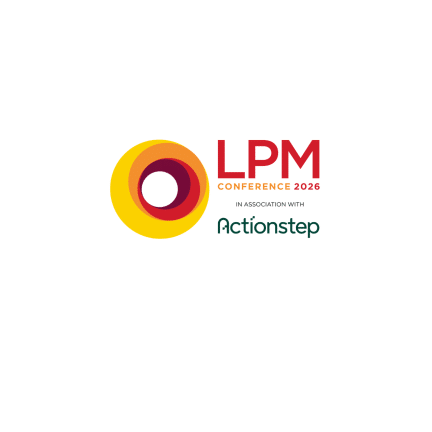
The role of legal tech platforms in cybersecurity
Gary Shaw, commercial director at Accesspoint, explains how visualising your firm’s tech stack through a legal tech platform can help improve cybersecurity.
In an increasingly digital and remote world, there are more disasters lurking around the corner than ever – and firms may not be as prepared as they think. How can your firm take control of its security and become more proactive in providing efficient defence from the looming despair of cyberattacks that appear to grow closer every day?
Sometimes it can be difficult to completely understand the impact of what may seem like an invisible threat – something that we know is out there but just can’t seem to apply to our own environment. This very lack of awareness can often find firms unprepared to understand the damage of a cyberattack once a potential breach is in question, but by then it may be too late.
Without rigorous procedures in place, your firm risks becoming another victim like many unfortunate firms before it. In a recent ransomware attack case, which was caused by the delay of installing a software update to repair a known security issue – combined with a lack of multi-factor authentication for its remote access solution – the ICO held that these data security contraventions seen to lose the personal data of more than 60 individuals was a serious matter and resulted in the firm being fined a hefty penalty of £98,000.
For this reason, visualisation becomes a necessity in bringing everyone on board and conveying the need for effective cybersecurity. As we mentioned earlier, fighting an invisible threat can lead to the danger not being dealt with thoroughly, especially within a law firm where lawyers have a heavy workload burden and not enough time to worry about the efficiency of firewalls, anti-virus software or cyber-attacks.
Today’s sophisticated legal platforms can certainly offer a welcome solution to drive adoption to a secure infrastructure, as some of the more intelligent platforms have utilised the power of providing clear evidence of real-time security statuses. Take a moment to imagine how far ahead of the curve your firm could be if it had a platform that could use data gathered from a firm’s security infrastructure across over 100 metrics, and then input that information into a digestible, single numerical score. This forms a cumulative of percentage scores across five key areas – domain security, cloud security, mail security, device and mobile management and phishing awareness.
To help with the visual aid, the score for every metric is presented in a visual dashboard that uses a ‘traffic light’ system of colour coding – with red, amber and green indicating performance from poor to good. So now you can act faster before any red flags show up.
Additionally, a legal platform can quickly help to compartmentalise your firm’s security, so that there are less gaps available for hackers to slip through. This is achieved by instantly neutralising the possibility of an attack by replacing the need for emails through the secure hub designed for client and solicitor communication as well as a multitude of other reporting and transactional features.
With instant availability in the market today, legal platforms designed by knowledgeable legal IT specialists can bring many benefits to the table and will certainly offer the breakthrough required to optimise a firm’s defence to the fullest.
Ensure every chain in the line of defence is strong
It is important to note that a cyber threat can come in all shapes and sizes. It’s not always the high-tech heist that we see in the movies – more often than not it’s a simple email that was overlooked by a member of the team. Whatever form it takes, your firm needs to have a plan of action ready for any scenario – remember, prevention is better than cure in this case as some of the damages made can be irreparable. Having the best technology on your side is a great place to start but without your team being on board, one thing is for certain, mistakes can still happen.
Improving the culture of resilience within your firm can involve teaming up with a reputable legal IT specialist to provide phishing awareness training to ensure your team knows to make your firm less penetrable to unauthorised third parties. As well as provide regular penetration testing to keep an eye out for vulnerabilities within the defence. Additionally, encouragement and providing a safe space for your team can go a long way in ensuring they act fast and inform someone immediately if they think there has been a breach of data.
The legal sector continues to be one of the most vulnerable industries for cyberattacks, and with the growing digital direction many firms are heading into, leaving the safety of your client’s data to chance and luck is just not a viable option. Don’t wait for a disaster to take place before you investigate how to protect your firm, consider looking into the many available options mentioned and get ahead of the threat. Legal platforms are a great place to start – with new concepts and features being integrated frequently, effective cybersecurity is in sight for everyone.



